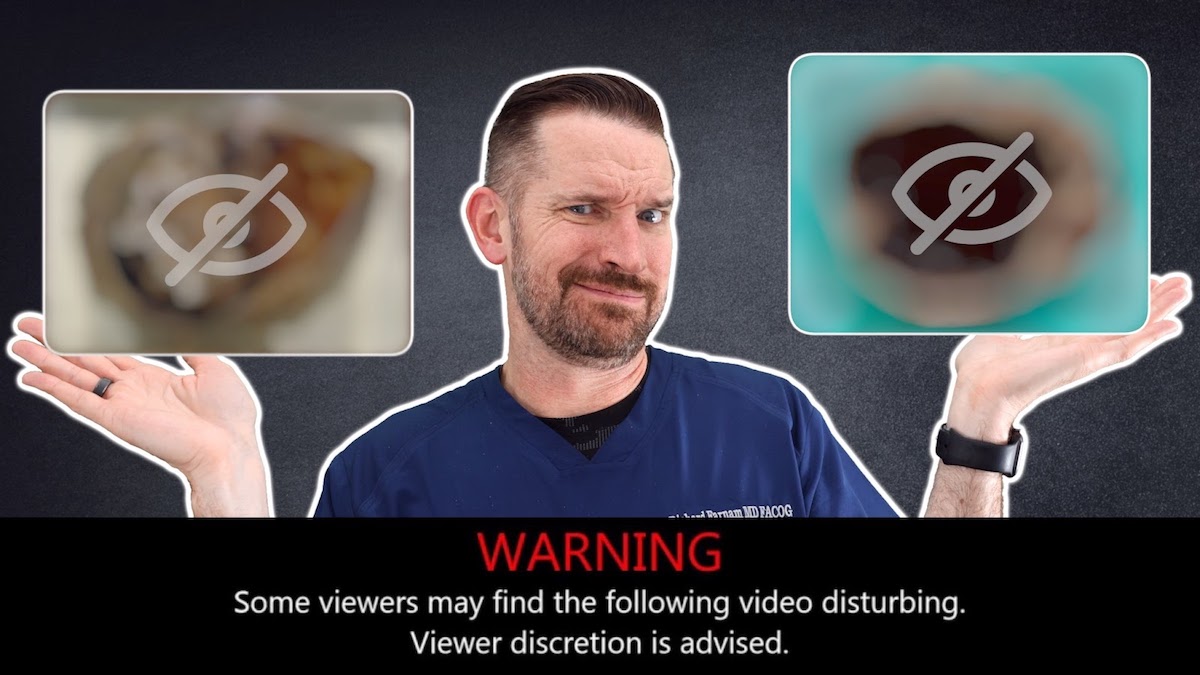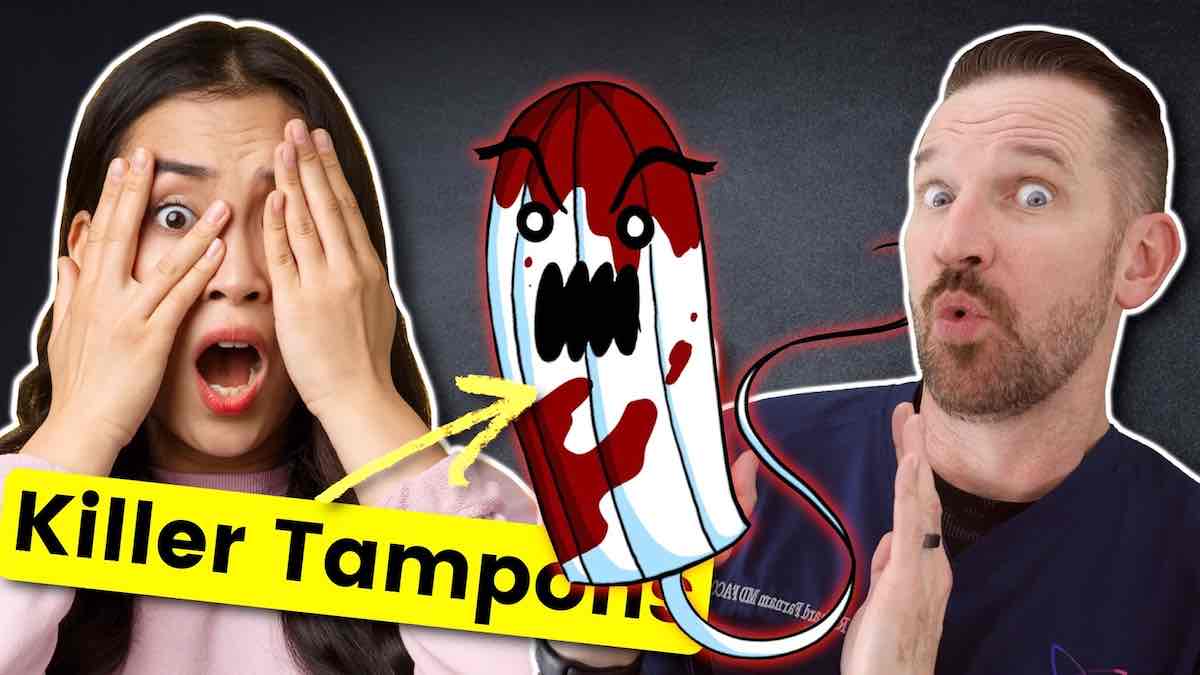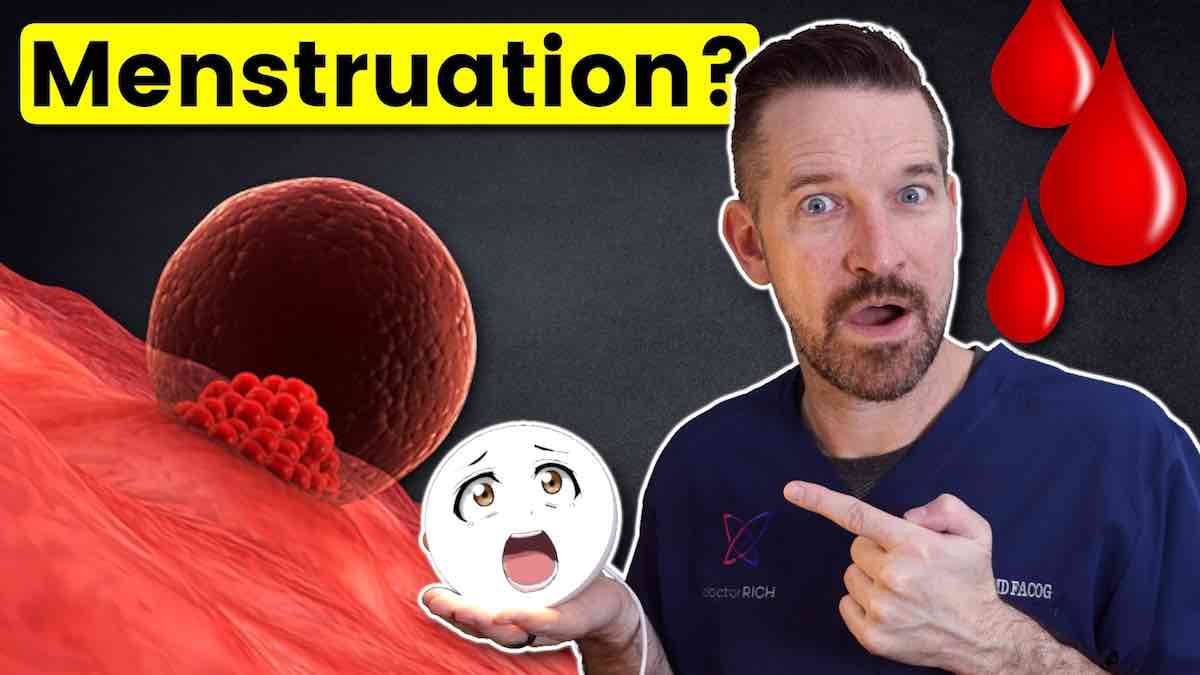Dr. Rich:
Welcome back. I’m Dr. Rich. My passion is to provide women with practical knowledge about the world of women’s health. We’re here today with our new nurse practitioner, Patty Castro. Patty, what brought you to come and join our urogynecology practice?
Don’t have time to read this blog post? Watch it here instead!
Patty Castro:
Well, actually, I had heard about you, many, many years. I had seen you on Facebook, YouTube. You’re very well-known in the community. I did a little bit of research and I just wanted to be part of great practice, to be honest. I wasn’t sure if I wanted to be part of it until now that I’m part of it, I’m amazed at how things actually work out in the clinic. So I’m actually glad that I joined.
Dr. Rich:
Well, you came very highly recommended as well, and this is actually your first position as a nurse practitioner, is that right?
Patty Castro:
Correct.
Dr. Rich:
Very good. And transitioning from critical care nursing to urogynaecology, what has that transition been like?
Patty Castro:
Eye-opening. A little challenging, but eye-opening. It’s a totally different ball game. I was used to the adrenaline, and now coming back to more one-on-one patient experience, I feel like you get to provide better care for the patients’ quality of life.
Dr. Rich:
So what have you found interesting now that you’ve been working in our practice for about a month now?
Patty Castro:
I found it very eye-opening that there were a wide range of ages that walk into your door, anywhere from 18 to 92-year-old.
Dr. Rich:
We did get a 92-year-old, yeah.
Patty Castro:
Yeah, so it’s different, personality-wise, with the patients where, they come and they love you the moment they see you, and the little ladies that, they just want a better quality of life, regardless of their age. So that’s a shocker that I’ve seen.
Dr. Rich:
So coming from a background in critical care, moving to an office-based practice, what were your expectations of culture and what have you felt since you’ve been here?
Patty Castro:
Well, when I first started I … As a patient, I’ve only experienced going to a clinic and seeing it move like a factory, I would say. So that’s what I expected. But on the other hand, being there now, it’s like everyone’s a family. Everyone just has a system where it makes it very efficient for patients to be seen.
Patty Castro:
No matter how many patients want to be seen in a day, they’re there, and they will be seen, and you will give them your time, and it doesn’t feel like you’re being rushed, like in critical care, in the ER, in the ICUs. It just feels like you have your time there with them, and you give them your whole undivided attention because the staff does such a great job in organizing everything, your surgeries, your procedures, which patient should be seen first. So it just feels so organized and it feels like a little family.
Dr. Rich:
So how would you compare your experience in critical care, where a lot of times you’re managing patients that have life-threatening issues, now going to an outpatient elective surgery practice?
Patty Castro:
Well, in critical care I was used to just the bottom line. The bottom line was to save your life and move you forward. Never was the focus on the quality of life. Never. It was just about, get them going, survive, the next one. Now, after 10 years of being in the medical field, I turn around and see that it’s not just about saving lives. It’s about that life, that that individual comes, that they want to improve it. They want a better quality of life, and it’s been a total 180-degree change.
Patty Castro:
I think the biggest thing is that patients come with something very personal. They have a very personal situation that sometimes they don’t speak about it to anyone. They come in, having sometimes no expectations because they’ve lived with this for so long. A lot of them don’t really know the fascinating surgery that he could provide for them, that no one else can.
Patty Castro:
So their little situation, not little, but they were kind of putting it aside while they continued their life, now they could include it in their life as something life-changing, because their quality of life is improving 100%, and that’s not something that I’m used to.
Dr. Rich:
Thank you for joining us. If you feel this information was helpful, please hit like, and to learn more about urogynecology, prolapse, and incontinence, please remember to hit subscribe. If you have any comments, please go ahead and leave them in the comments section below. Thanks again.




